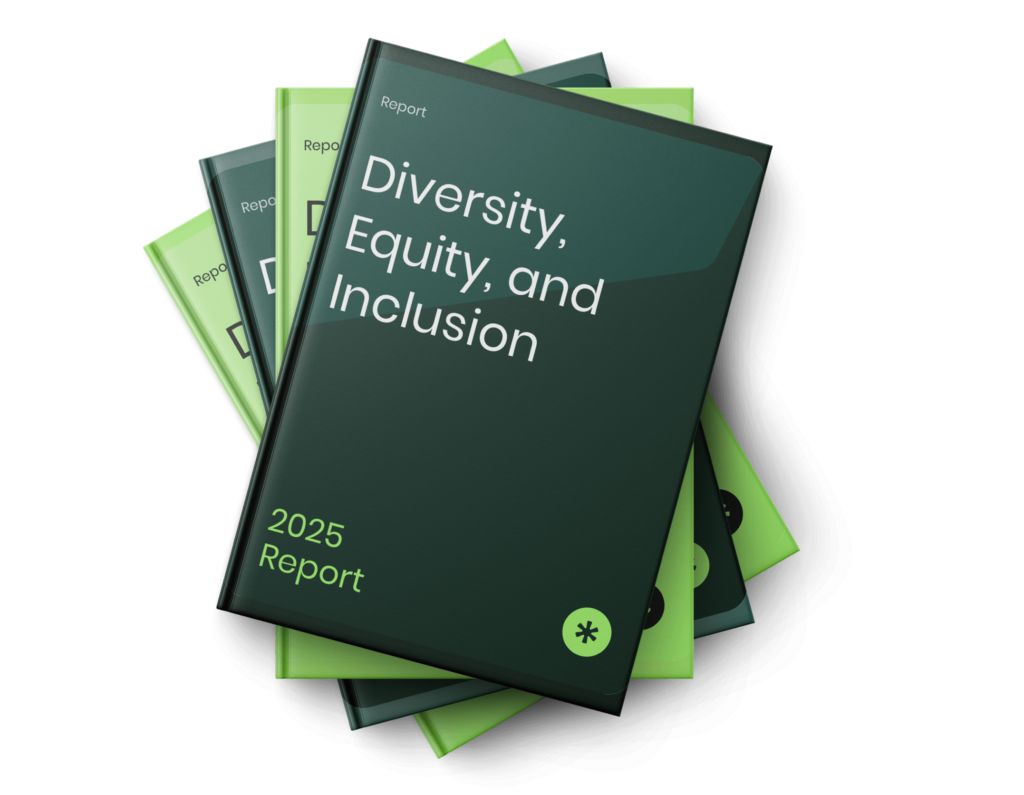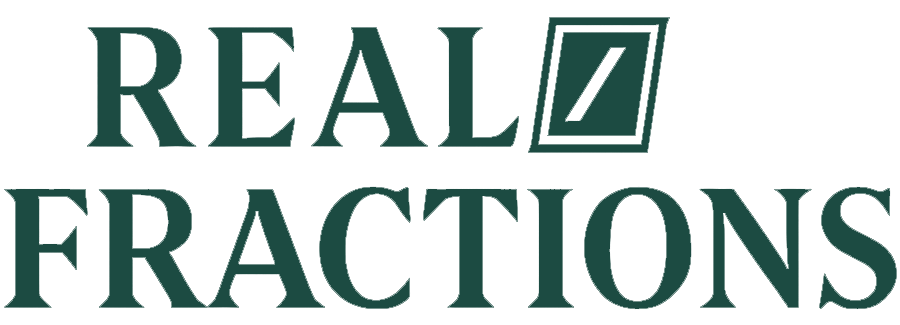Artificial Intelligence is changing the way organizations operate—but too often, AI is adopted without a strategy, a policy, or a clear link to business outcomes. That’s where an AI Audit comes in.
At Real Fractions, our team of executive-level advisors and technology leaders helps companies evaluate how they’re using AI today and where they should be headed tomorrow. It’s not just about tools—it’s about strategy, governance, and growth.
What an AI Audit Covers
AI Implementation & Policy – Ensure safe, compliant, and ethical adoption of AI across the enterprise.
Technology & Data Readiness – Evaluate your CRM, data pipelines, and workflows for AI integration.
Innovation Roadmap – Identify high-value opportunities for automation, product development, and new services.
Governance & Oversight – Build guidelines that prevent misuse and align with evolving regulations.
Vendor & Tool Strategy – Cut through the noise and choose the platforms that actually deliver ROI.
Why Companies Need It
Organizations often face:
Teams experimenting with AI without governance (“Shadow AI”).
Investments in platforms that don’t align with long-term goals.
Missed opportunities to create new services or revenue streams.
Compliance risks around privacy, cookies, and data handling.
An audit shines a light on these issues, giving executives clarity and confidence.
The Real Fractions Approach
Unlike traditional consultants, we bring hands-on executive experience:
Fractional CTO/CIO/CDO services for oversight and strategy.
VP of Technology & Innovation leadership to align tech with growth.
AI Policy Advisory to help your company operate responsibly.
White Label Development for agencies and enterprises scaling digital products.
The result? A clear, actionable AI roadmap tailored to your business.
Final Thought
If your company is experimenting with AI—or even scaling it quickly—an audit ensures you’re doing it right. The organizations that will thrive aren’t the ones that use the most AI, but the ones that use it with clarity, control, and purpose.
Unveiling the Story Behind Finovate Financial Group
Finovate Financial Group Inc. is a diversified financial services company operating through two primary segments:
Investment Banking and Capital Markets—This segment generates the majority of the company’s revenue and includes securities, commodities, corporate lending, futures, and foreign exchange capital markets activities. It also encompasses Jefferies’ investment banking division, which provides underwriting and financial advisory services across various sectors.
Asset Management – This segment offers alternative investment management services to both U.S. and international investors. Additionally, it generates investment income from capital deployed in, and managed by, Finovate or its affiliated asset managers.

Delving Into the Significance of Insider Transactions
While insider transactions should not be the sole basis for investment decisions, they can provide valuable insights into a company’s outlook and influence investor sentiment.
From a legal perspective, an “insider” refers to any officer, director, or beneficial owner holding more than 10% of a company’s equity securities, as defined under Section 12 of the Securities Exchange Act of 1934. This includes executives in the C-suite and major hedge funds. Insiders are required to disclose their transactions through a Form 4 filing, which must be submitted within two business days of the transaction.
An insider’s purchase of company shares is often seen as a bullish signal, indicating confidence in the company’s future growth. On the other hand, insider sales do not necessarily suggest a bearish outlook, as they may be driven by various personal or financial reasons rather than concerns about the company’s performance.
“We called Imagine Clany Eco when another company cancelled on us last minute for our move-out cleaning. Clany Eco was able to book us and make it out in 2 hours and did an amazing job. We even got our deposit back.”
John Smith, CEO & Owner Tweet
Essential Transaction Codes Unveiled
When analyzing insider transactions, investors typically focus on open-market trades, which are detailed in Table I of the Form 4 filing. Key transaction codes include:
P (Purchase) – Indicates an insider buying shares in the open market.
S (Sale) – Represents an insider selling shares.
C (Conversion) – Denotes the conversion of an option into company stock.
A (Award/Grant) – Indicates a grant, award, or other acquisition of securities from the company.


